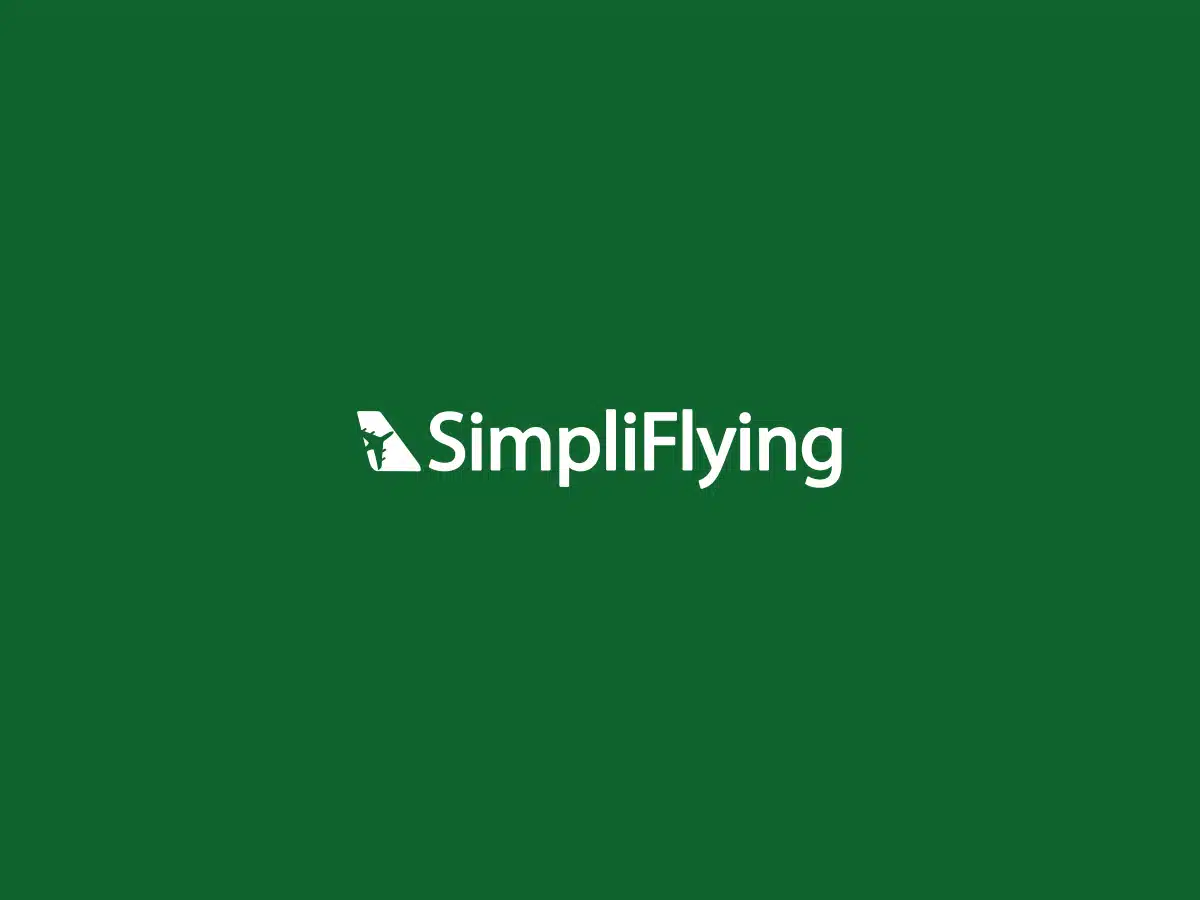In a tweet advertising their new flights to Nairobi, Kenya, Korean Air called Kenyans “indigenous people full of primitive energy.” While I’m sure they didn’t intend to offend anyone, any competent PR person should have spotted the loaded phrase. They have since tweeted an apology, but some people are quite upset and the #PrimitiveEnergy hashtag on Twitter is going viral across Asia and Africa. Certainly not the kind of publicity an airline is looking for, prior to launching its first route to a country.
The advertisement provoked a strong reaction from Kenyans, most of them amused rather than furious.
[blackbirdpie url=”https://twitter.com/edwin_wanjohi/status/214611245704294400″]
When Korean Air received hundreds of tweets directly addressed to them, they apologized on Twitter, a day after the incident, going to the extent of copying-and-pasting the same apology to many angry tweeters.
[blackbirdpie url=”http://twitter.com/KoreanAir_KE/status/214630510658453504″]
[blackbirdpie url=”https://twitter.com/KoreanAir_KE/status/214629327663407105″]
While Korean Air apologized soon enough, international airlines today operate in an environment where they need to be aware of the possibilities of unintentionally offending someone because gaffes such as this one spread far and fast in the age of social media. While I’ve embedded a summary of the whole incident below, thanks to the Dutch journalist who sparked the outrage, Korean Air could have done some things better in dealing with this crisis.
How can Korean Air do better next time?
- Firstly, they should immediately hire a native-English speaker, perhaps a Literature major who would proof-read all translated material and collateral before it gets published. Surely, that’s a less of an expense as compared to how much money is spent launching a new route
- They should be apologizing sooner, since it was an obvious mistake, than waiting a couple of days until it got out of hand
- They should’t be copying and pasting the same reply to multiple people. The last thing you want to do is to make individuals feel that you’re trying to treat them like everyone else.
- When apologizing on an issue, they should at least use the hashtag- otherwise, it just wouldn’t spread as far and wide as the criticism.
- While the apology should be tweeted publicly, best way to engage individuals should be through Direct Messages
- To prepare ahead, they need to consider working with external providers such as IGT, so that they can easily scale customer service through social media in times of a crises, or during a campaign when a surge is expected in online interactions.
- Korean Air communications department should go through our infographic on how to deal with a social media crisis, and perhaps even consider attending our MasterClass on Crises Management for the Connected Traveler where they learn how to deal with it. (Royal Brunei Airlines did, and fared much better!)



